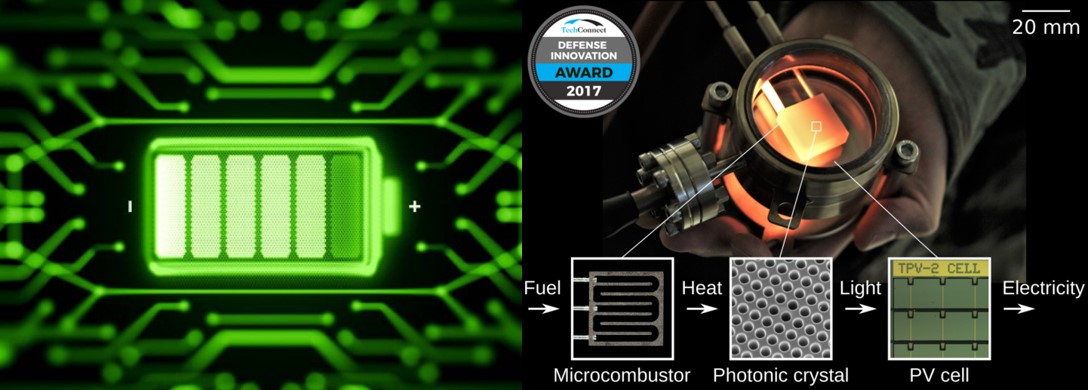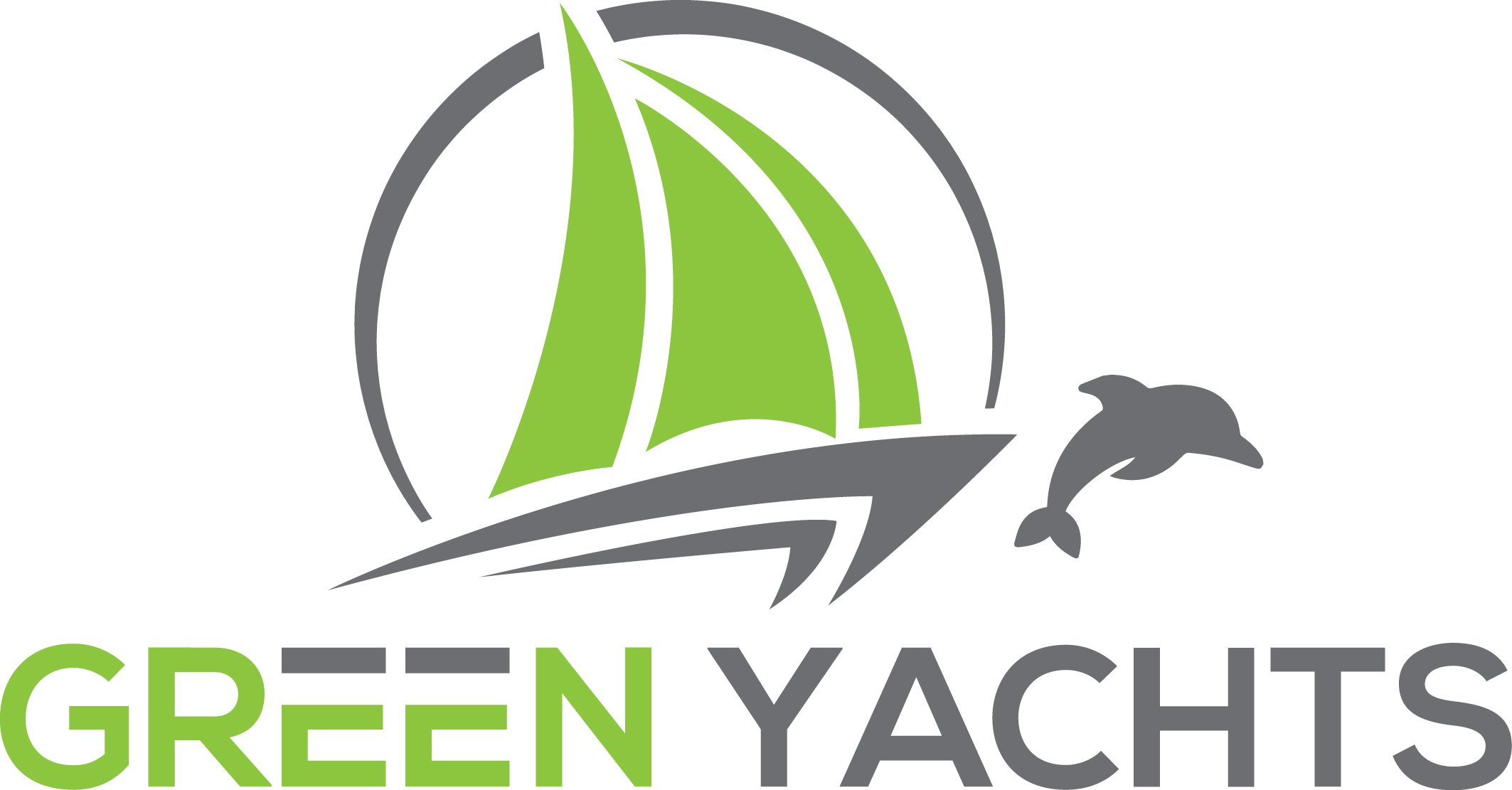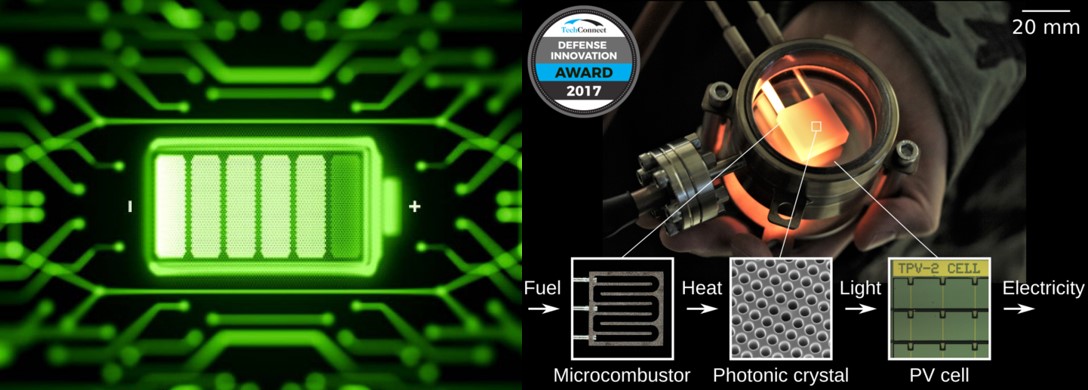
What do the future of electric cars and electric boats have in common?
Two things.
- The electric motor used in cars and boats probably won’t change much
- Everything else will
The electric motor has been around for almost 200 years since Thomas Davenport powered a printing press with one in 1834 and Nikola Tesla developed an AC electric motor in 1887. There have been advancements such as brushless motors, but by and large the electric motor has not changed significantly since the 1800s.
For recreational electric boating, one notable advancement is the ServoProp from Oceanvolt that was commercially launched in 2020. The ServoProp’s ability to adjust the pitch of a feathered propeller blade was significant in enabling efficient hydroregeneration. And, it will continue to enable advancements as more software is developed around the capability of the ServoProp much like Tesla updates the software of its cars adding features and improvements.
What this means is that boaters don’t have to worry about buying an Oceanvolt SeroProp today and it being outdated tomorrow. For other marine electric motors, ask whether or not it will get software updates and stay up to date or not before you buy. In general, electric motor hardware is not forecasted to change much over the next 5-10 years except for software updates.
But everything else will.
Green Yachts anticipates that technology will advance in the following five areas:
- Battery storage – there is high demand for increased battery storage capacity, shorter charge times, reduced costs and increased safety. The lithium ion batteries used today are a huge advancement over lead-acid or alkaline batteries. Going forward, many are working on the future of energy storage. In the medium to long timeframe, bigger advancements are likely given the power of human ingenuity. Green Yachts anticipates a battery improvement announcement by Q3 2021.
- Efficient electrical systems – LED lights, among other things, have reduced the consumption of watts onboard a boat. But, improvement in the efficiency of heating water, electric cooking and other uses of electricity are needed. In the meantime, fuel-based alternatives such as a propane stove work just as well on an electric boat as on a boat with a diesel engine.
- Fuel-based reserve energy generation – Many boats have AC or DC diesel generators. These will advance in their programming, but not significantly in their efficiency. However, alternative technologies are being developed that could increase energy generated from fuels and also reduce emissions. Green Yachts anticipates an announcement about this in 2023.
- Solar energy – Solar energy creates free energy from the sun. However, the output potential of solar is reduced by shading, suboptimal inclination of panels and latitude relative to the sun’s azimuth. Advancements that allow solar to track the sun and/or be flexible enough to be stowed when not used will help
- Wind energy – Today, wind generators don’t contribute enough to energy generation onboard to cover more than a boat’s hotel loads or the energy used by systems on board. Several technologies, such as continuous feedback loops, like sailing upwind creating more apparent wind, have promise.



Leave Comment